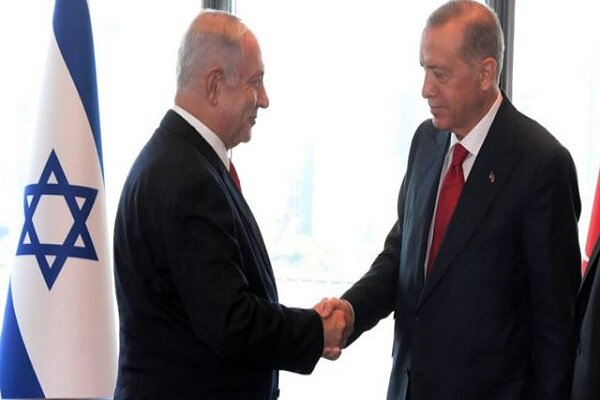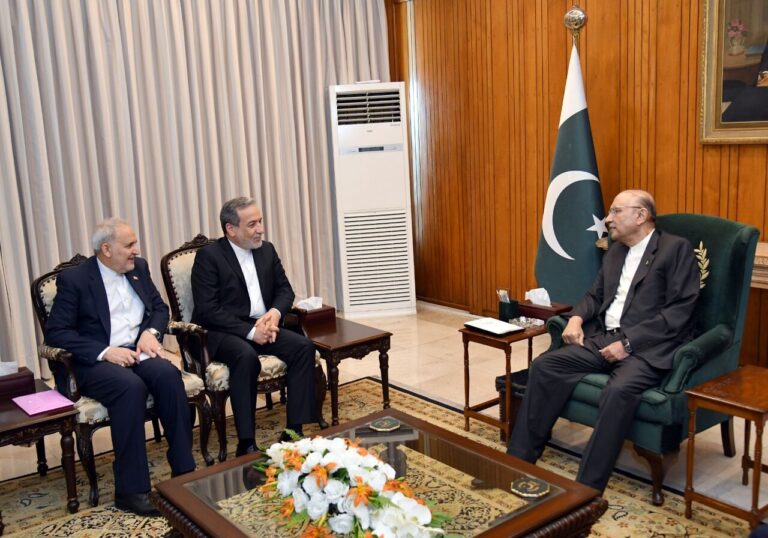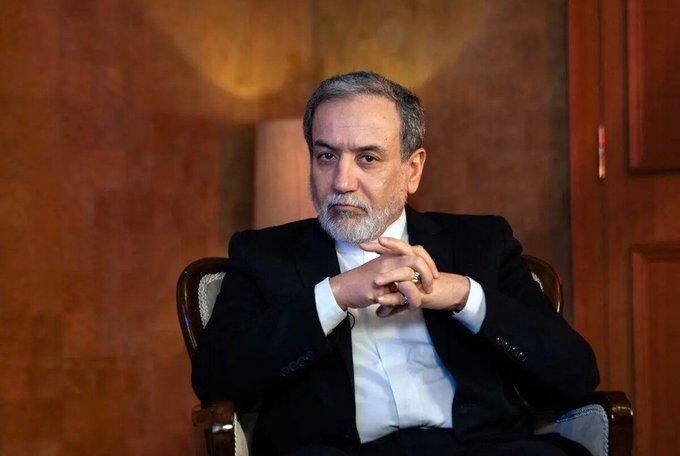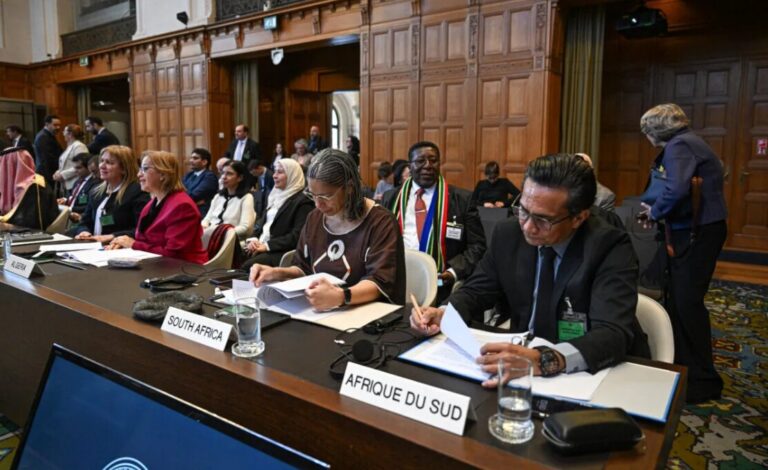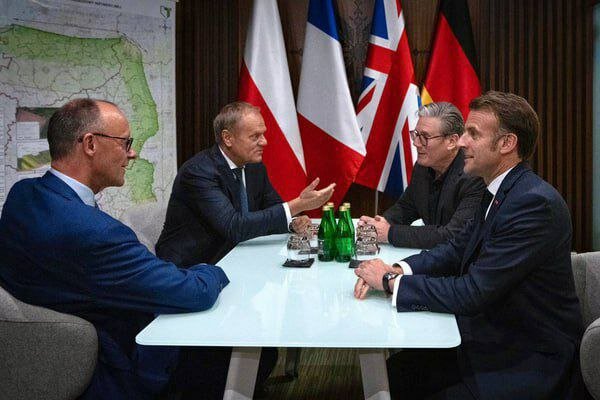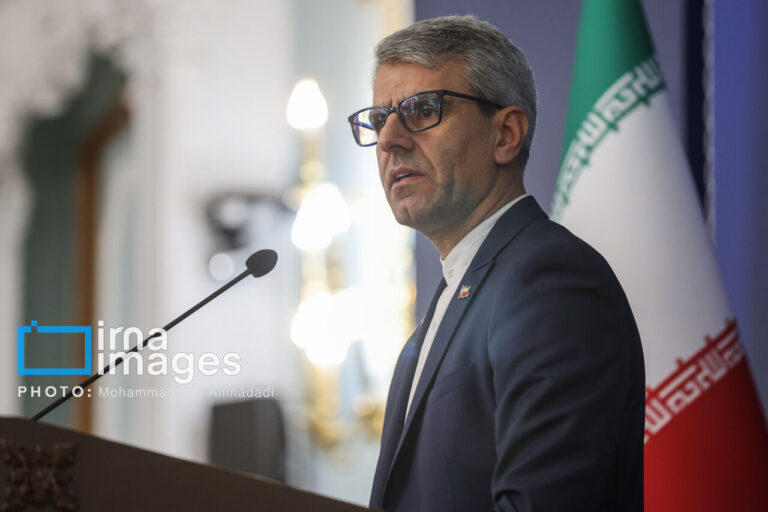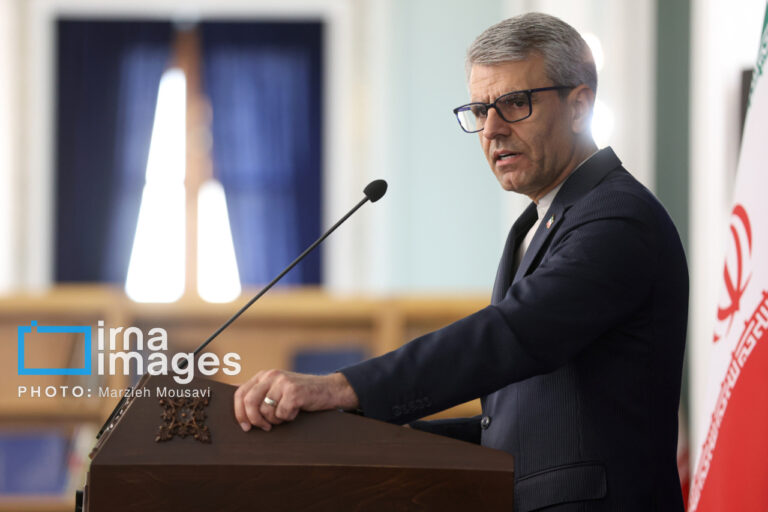Turkey and Israel Explore Strategic Deconfliction Line in Syria: Insider Sources Reveal Insights
Recent developments in the ongoing conflict in Syria have drawn significant attention, particularly regarding the recent Israeli air strikes that targeted military sites, including key bases where Turkey had plans to deploy its forces. This situation highlights the complex dynamics at play in the region, as tensions between Israel and Turkey continue to evolve.
Last week, Israeli air forces executed a series of air strikes in Syria, zeroing in on military installations such as Hama Air Base and the Tiyas Airbase (also known as T4). These attacks coincided with Turkey’s preparations to send a technical team to the T4 base, which aimed to conduct a preliminary assessment for reconstruction.
According to two western officials, Israeli Prime Minister Benjamin Netanyahu communicated to his counterparts that there was a narrow window for Israel to strike the T4 base before Turkey could establish its presence there. Netanyahu reportedly indicated that once Turkey stationed its assets at the base, it would become inaccessible for Israeli operations.
- Risk of Major Conflict: Any attack on the Turkish military by Israeli forces, whether intentional or accidental, could ignite a significant conflict.
- Introduction of Air Defence Systems: The deployment of air defence systems at these bases would deter Israeli aircraft from conducting operations in the region.
Reports from MEE last week indicated that Ankara was in the process of assuming control over the T4 base to deploy both surveillance and attack drones. Furthermore, Turkey planned to implement Hisar-type air defence systems, with the ultimate goal of creating a multi-layered air defence network around the base. This system would incorporate:
- Short-range capabilities
- Medium-range systems
- Long-range capabilities
This layered approach is designed to counter threats from various aerial assets, including aircraft, drones, and missiles.
In the broader context, it is noted that “The US remains the final arbiter in Syria, and it appears Washington wants both Israel and Turkey to de-escalate tensions.” Reports suggest that Turkey’s plans for the T4 base may also include the temporary deployment of Russian-made S-400 air defence systems until reconstruction efforts are finalized.
From the same western sources, it has been indicated that Netanyahu believes there has been progress in establishing a deconfliction agreement with Turkey following these air strikes, with ongoing negotiations aimed at easing tensions.
Netanyahu has consistently emphasized Israel’s stance on advocating for the complete demilitarization of southern Syria, which includes addressing any Turkish military presence in the region. A separate source acquainted with the Turkish-Israeli tensions has confirmed that both nations have been in talks to set up a deconfliction line since the Israeli strikes on the T4 base.
“Both Israeli and Turkish officials released identical statements on the same day, asserting that they do not seek conflict with one another in Syria,” the source noted. “It appeared to be coordinated.” This sentiment was echoed by Turkish Foreign Minister Hakan Fidan, who told Reuters that Turkey does not desire confrontation with Israel in Syria. A senior Israeli official reportedly echoed the same sentiments.
Despite public posturing, the source added that Israel is likely to accept Turkish military bases in Hama and Palmyra as part of the deconfliction arrangement, reflecting a pragmatic approach amidst rising tensions.
The collapse of Syrian President Bashar al-Assad’s government in December, along with Turkey’s ascent as a dominant regional power in Syria, has raised alarms in Israel. The Israeli government now perceives Ankara as a potentially greater threat than Iran, necessitating cautious diplomatic engagement and strategic planning.
As the situation unfolds, the international community watches closely, aware that any missteps could lead to significant geopolitical ramifications in the already volatile landscape of the Middle East. The ongoing negotiations and military maneuvers by both Israel and Turkey will be crucial in determining the future stability of the region.
In conclusion, the recent Israeli air strikes in Syria, targeting bases intended for Turkish operations, underscore the fragile state of affairs between these two nations. As both sides appear to seek a de-escalation of tensions, the path forward remains complex and fraught with potential challenges.
